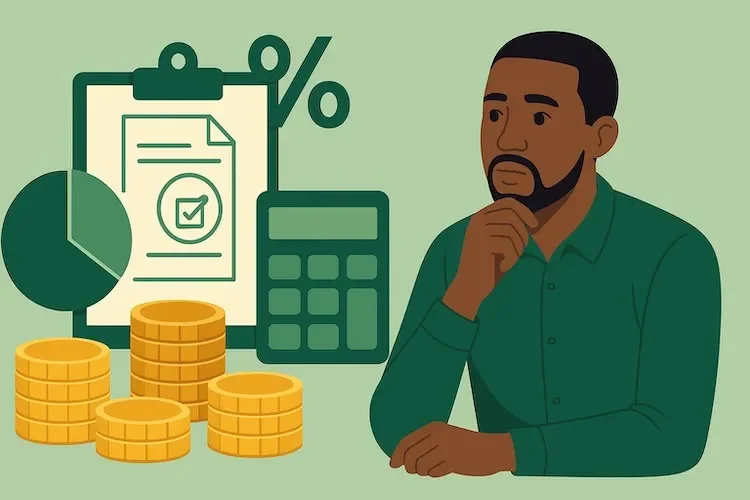Imagine a Nigeria where every remote worker, whether typing away from a Lagos apartment or managing projects from a beach in Dubai, knows their income is being watched.
This is no longer a distant dream it’s the reality unfolding across the country, as Nigeria steps into a new era of tax transparency and global cooperation.
The Dawn of a New Tax Era
It all began with a simple call to honesty. At a recent webinar on tax reform, Taiwo Oyedele, the Chairman of the Presidential Committee on Fiscal Policy and Tax Reforms, stood before a virtual audience and laid down the law:
“If you earn money, no matter where you are or who pays you, you must declare it.”
No exceptions. No excuses. The message was clear Nigeria was closing the loopholes that once allowed remote workers to slip through the cracks.
But what if someone chooses not to play by the rules? Oyedele had an answer for that too. The government’s intelligence systems are now finely tuned, ready to spot every transaction that lands in a Nigerian bank account. If you fail to declare your income, the authorities will know. And when they do, they’ll come knocking with a presumptive assessment no more hiding, no more guessing games.
The Global Web of Data
Nigeria didn’t act alone. The country reached out to more than 100 nations, weaving a vast network of data sharing. Under international agreements, authorities now receive information about Nigerians who hold money or property abroad whether it’s in Dubai, the United States, Canada, or the United Kingdom. The government already has the records, making it nearly impossible to keep assets hidden overseas.
Oyedele’s advice was simple: “Do the right thing.” If citizens don’t, the government will step in with the facts and demand what’s owed. The days of slipping through the cracks are gone, replaced by a system built on transparency and accountability.
Taming the Digital Giants
But the story doesn’t end with individuals. Nigeria’s tax reforms also targeted the tech giants—the global platforms that once seemed untouchable.
In the past, traditional businesses paid Value Added Tax (VAT) on their sales, but online platforms often escaped the same obligation. Oyedele questioned this imbalance: “Why should a brick-and-mortar shop pay VAT while an online seller doesn’t?”
Instead of confrontation, Nigeria chose collaboration. The government reached out to these digital giants, explaining that their services should be subject to VAT just like any other business. The result? Billions of dollars now flow into Nigeria’s coffers, all without a single fight or legal battle.
This is the story of a nation rewriting its tax rules, ensuring that every citizen and every corporation pays their fair share. It’s a tale of transparency, cooperation, and a new beginning for Nigeria’s economy.




















